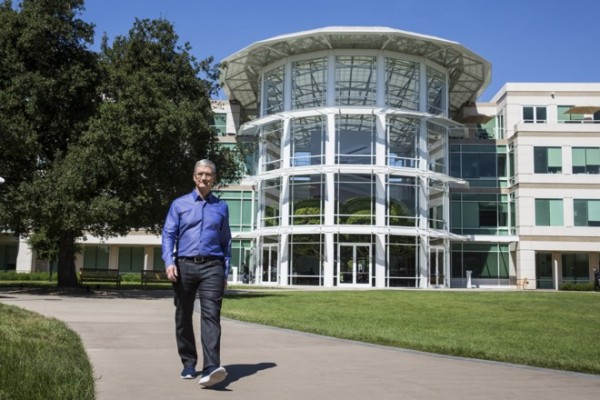 2813
2813
 2016-12-13
2016-12-13
Yesterday Patently Apple posted a report titled "If Apple takes Advantage of the 10% Tax Rate under Trump to bring Home their $230 Billion in Cash, Ireland will take a Hit." Today, another report from Ireland is stating that an Oireachtas committee has expressed confidence that Apple's Tim Cook will accept an invitation to respond to the European Commission tax ruling which has cost Apple €13 billion.
John McGuinness, chairman of the Oireachtas all-party Finance Committee has written Apple's CEO inviting him to attend a hearing next month, along with other senior executives. The committee will hold a module in late January examining the decision of the European Commission and its implications for Ireland.
The EU Commissioner for Competition, Margrethe Vestager, is also expected to attend the hearings, to explain the background and rationale behind the Commission's controversial judgement. In August, Ms Vestager and the EU Commission ruled that the Irish Government must recoup €13 billion in unpaid taxes from Apple. In a key passage of the ruling, the Commission stated the tech giant's tax arrangements in Ireland meant it paid only 0.0045 per cent on worldwide profits outside the US.

Pearse Doherty, Sinn Féin's spokesman on finance and a member of the committee, said there was a strong likelihood that Mr Cook would be willing to appear before the committee given the gravity and implications of the ruling. The hearings are likely to coincide with the full publication of the 130-page judgement.
"We will be particularly keen to ask Mr Cook and other senior Apple managers about their appearance at US congressional hearings where they admitted that Apple's effective tax rates for its subsidiaries in Ireland was 2 per cent, well below the headline corporate tax rate of 12.5 per cent," said Mr Doherty.
The Commission ruled that the treatment by the Irish authorities of Apple's tax affairs amounted to an illegal State aid.
Two subsidiaries of Apple were registered in Ireland, but as operating costs and profits for each of the two subsidiaries were attributed to a "head office" that existed nominally abroad, only on paper. The "mismatch" between the company residency rules in the US and Ireland resulted in the two Apple subsidiaries being 'stateless' for tax purposes.
Source: patentlyapple